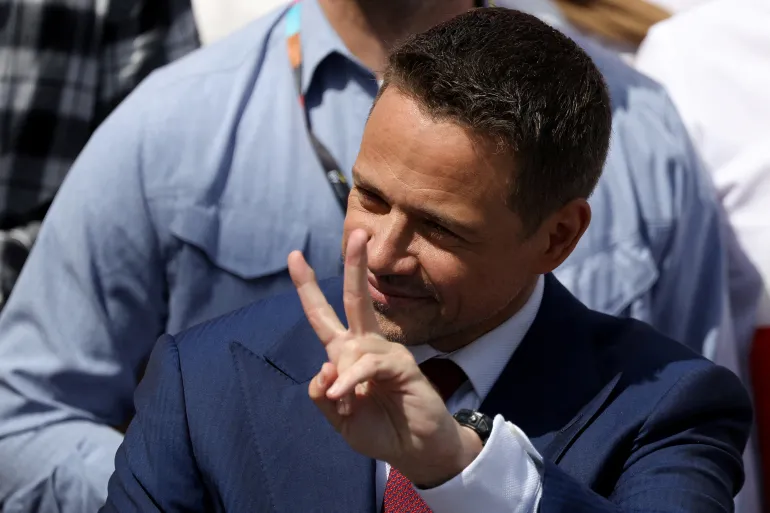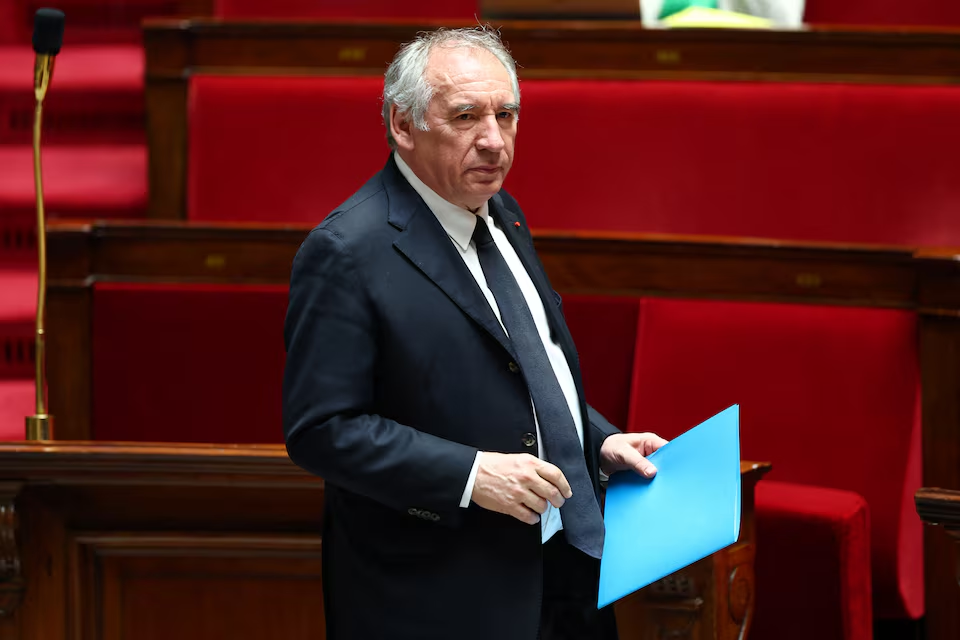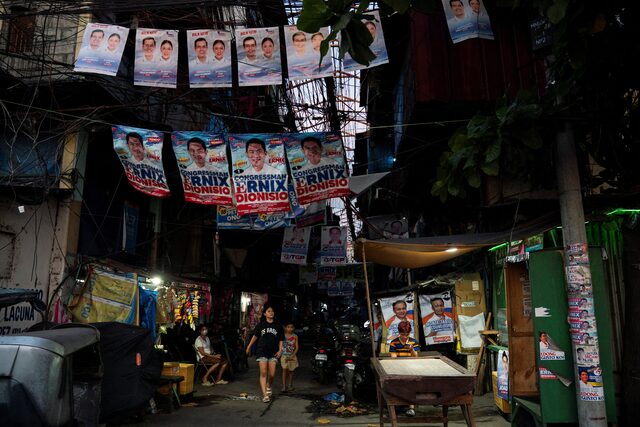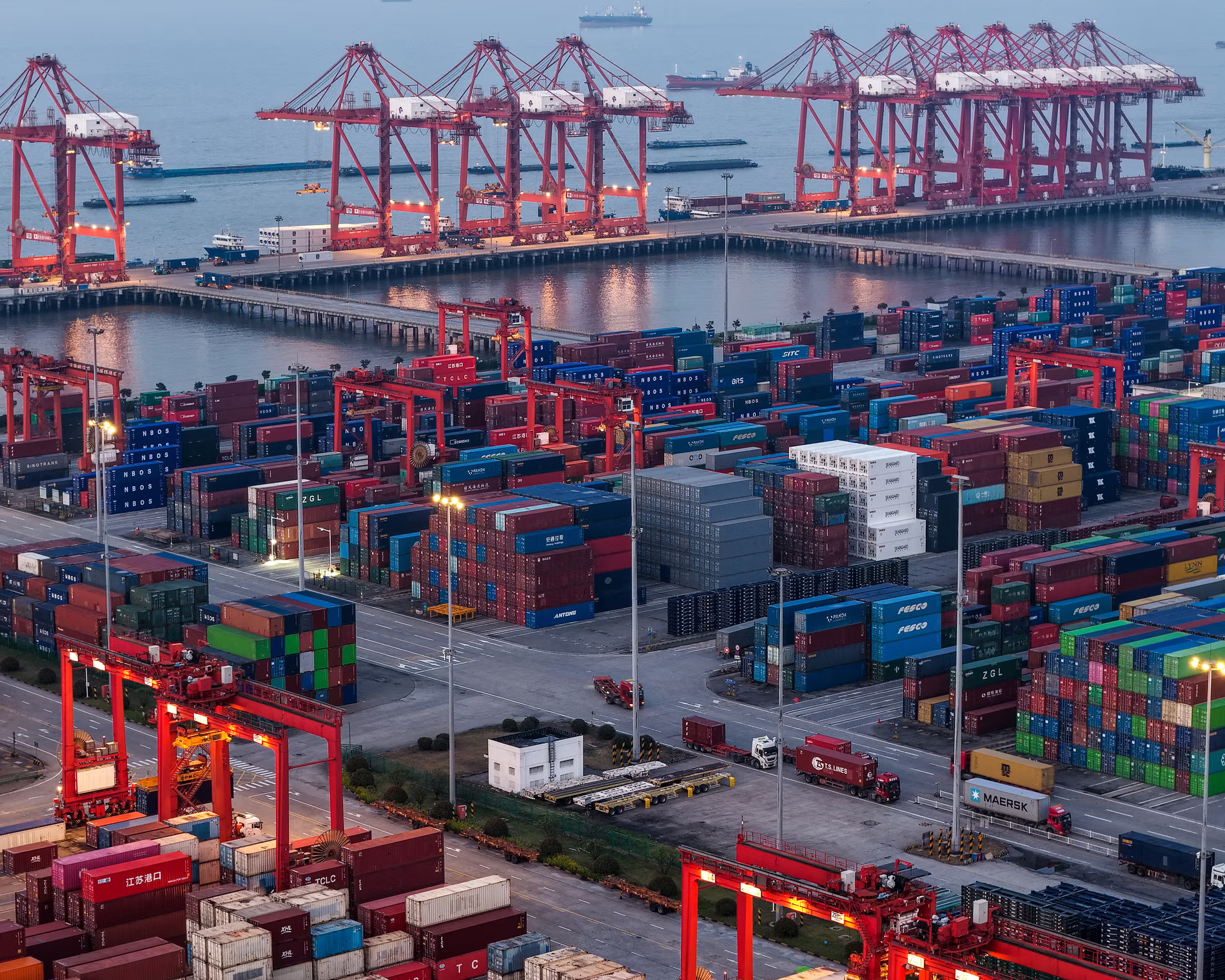As Poland nears a crucial presidential election, political analysts and citizens are closely watching the potential contenders who could shape the country’s political trajectory. The race, which is expected to be tightly contested, comes at a moment of significant polarization in Polish politics.
Al Jazeera’s podcast The Take explores the unfolding political climate in Poland and highlights the figures likely to feature prominently in the upcoming vote. The presidency, while primarily symbolic, plays a key role in shaping the country’s laws through the power of veto and is seen as a crucial counterbalance to the ruling government.
Among the frontrunners is current Prime Minister Donald Tusk, who returned to domestic politics in recent years and successfully led the opposition Civic Coalition to a parliamentary victory. While Tusk has not officially declared his candidacy, his widespread popularity and political experience make him a strong possibility.
Other potential candidates include figures from the conservative Law and Justice (PiS) party, which recently lost its parliamentary majority but remains a powerful force in Polish politics. President Andrzej Duda, affiliated with PiS, is ineligible for re-election due to term limits, opening the field for new conservative leadership.
Rafal Trzaskowski, the mayor of Warsaw and former presidential candidate, is also seen as a strong liberal contender. He narrowly lost to Duda in 2020 and has since maintained a visible national profile. His base in urban Poland and pro-European stance could appeal to voters seeking continuity with the current coalition government.
The campaign is expected to reflect ongoing divisions over judicial independence, women’s rights, LGBTQ+ issues, and Poland’s role within the European Union. Recent shifts in public sentiment indicate a desire for greater political stability and a break from hardline nationalism.
International observers view the election as a bellwether for Europe’s broader political direction. With wars in neighboring Ukraine and tensions between Brussels and nationalist leaders, the outcome in Poland could influence the EU’s policy direction on migration, defense, and democratic norms.
The podcast also examines voter fatigue, especially among younger generations, and the extent to which rising inflation and economic uncertainty could sway the electorate. The political landscape is shifting, and candidates will need to address both domestic and international anxieties.
With the official campaign season approaching, Poland is preparing for what many see as a defining moment in its post-communist history. Whether voters opt for continuity or change, the next president will inherit a divided nation with high expectations.
Source; Al Jazeera



